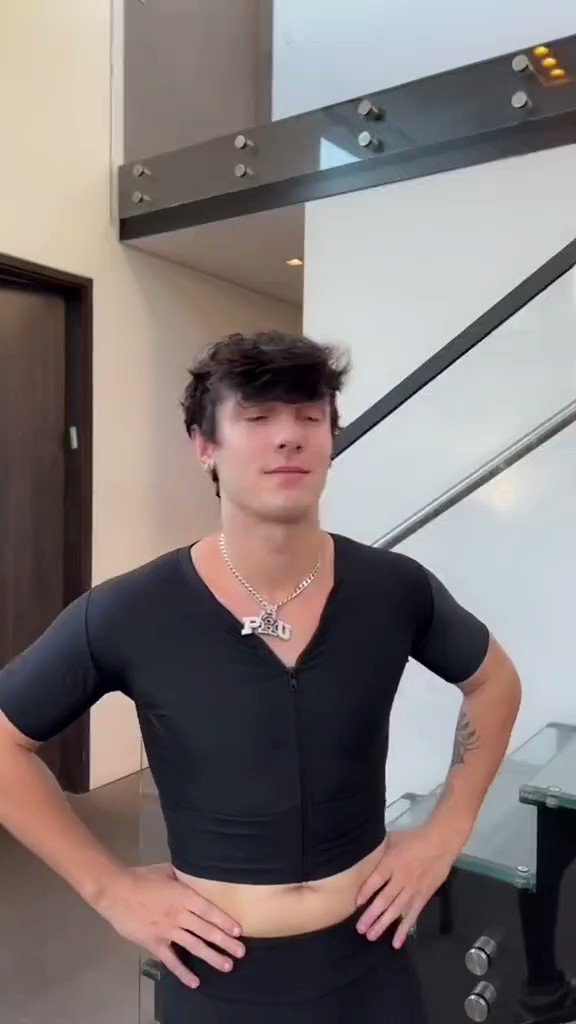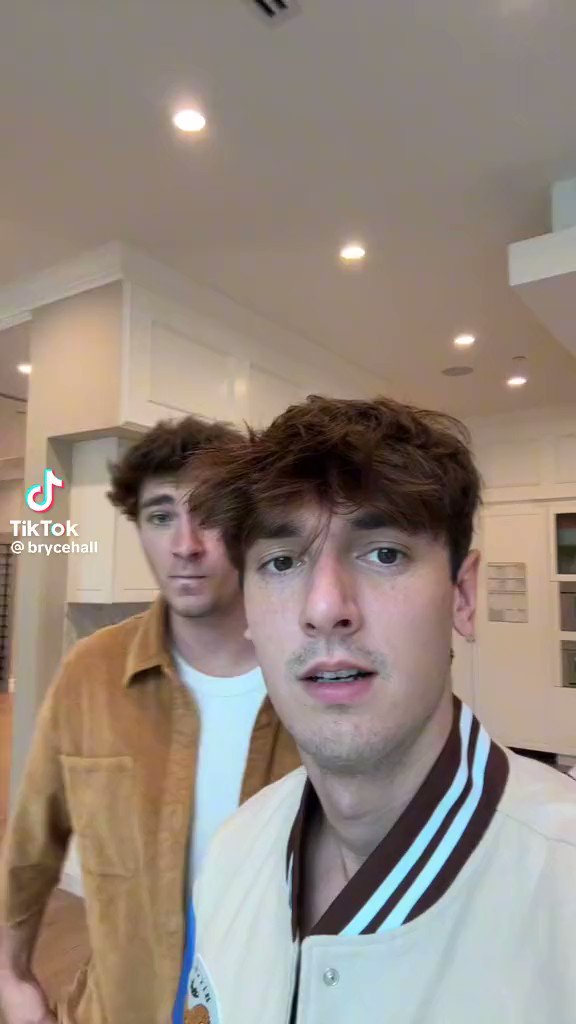Is the relentless pursuit of online fame worth the cost? The blurred lines between content creation, exploitation, and personal boundaries, particularly within the vibrant and often volatile world of TikTok, are increasingly under scrutiny.
The digital landscape has birthed a new breed of celebrity, the content creator, who, armed with smartphones and boundless ambition, builds empires on platforms like TikTok. The platform, with its short-form video format and algorithm-driven reach, offers unparalleled opportunities for virality. However, this very accessibility has also paved the way for a culture where performativity often trumps authenticity, and where the pressure to garner views can lead to questionable actions.
Bryce Hall, a prominent figure in the TikTok universe, has become a focal point in this ongoing debate. His name, frequently trending, is now inextricably linked to a complex web of controversies, from accusations of exploiting relationships for online gain to allegations of inappropriate behavior. The recent resurfacing of past events, fueled by social media commentary, has reignited a conversation about accountability and the ethics of online influence.
The story of Bryce Hall is not merely an isolated incident; it reflects a broader trend. The pursuit of digital currency likes, shares, and followers can warp the very fabric of human interaction. Relationships, once personal and private, can become commodities, dissected and displayed for public consumption. This relentless pressure to perform, to maintain an engaging persona, often comes at a steep price, eroding genuine connection and potentially causing lasting damage to the individuals involved.
The very architecture of platforms like TikTok encourages this behavior. The algorithm, designed to maximize user engagement, favors sensational content, often amplifying the drama and controversy that fuel the relentless cycle of likes and shares. This creates a climate where controversy is not just tolerated but actively encouraged, as it can propel a creator into the coveted realm of viral stardom.
The allure of fame, particularly for young creators, is a powerful force. The promise of financial reward, the validation of millions of followers, and the ability to shape public opinion can be intoxicating. But this power comes with profound responsibility, a responsibility that many argue is not always adequately exercised.
The lines between entertainment and exploitation are constantly being redrawn. What was once considered acceptable behavior in the context of reality television, for example, is now migrating to social media, where the stakes are arguably higher. The potential for widespread influence and the lack of traditional regulatory oversight raise critical questions about the ethical responsibilities of content creators and the platforms that host their work.
The allegations surrounding Bryce Hall, and the broader conversations they have sparked, are a crucial reflection of this shifting landscape. They serve as a reminder of the human cost of online fame, the potential for exploitation, and the need for greater accountability within the digital ecosystem.
The scrutiny of Bryce Hall's actions also extends to the broader issue of consent, particularly within the context of live-streaming. The claim that he pressured another content creator to kiss him on a Twitch stream highlights the vulnerability of individuals in the digital space and the potential for coercion.
The incident underscores the critical importance of establishing clear boundaries and ensuring that all interactions are consensual. It is a stark reminder that the pursuit of views and engagement should never supersede the fundamental rights and dignity of individuals.
The comments surrounding Bryce Hall often include the discussion of the potential for manipulation, especially in relationships. The online environment fosters a culture of superficiality, where appearances are often prioritized over substance. The constant pressure to maintain a perfect image, to create a captivating narrative, can distort the authenticity of relationships and contribute to an environment where exploitation thrives.
The ease with which content can be disseminated, re-shared, and interpreted in multiple ways further complicates the matter. The permanence of the digital record means that mistakes, misjudgments, or moments of poor judgment can be amplified and replayed for years to come, potentially damaging careers and reputations. This creates a unique pressure for content creators, who must constantly navigate the complexities of public perception and maintain a delicate balance between authenticity and performance.
The comments about "sexualizing girlfriends" also add a layer of complexity to the conversation. The objectification of individuals, often for financial gain, is a concerning trend, especially when it involves personal relationships. This practice not only reinforces harmful stereotypes but also contributes to a culture of disrespect and exploitation.
The discussion around the impact of social media on mental health further illustrates the complexities of this issue. The relentless pressure to perform, the constant comparison to others, and the potential for online harassment can contribute to anxiety, depression, and other mental health challenges. The impact on young creators, who are often still developing their identities, can be particularly profound.
The role of social media platforms themselves in this evolving landscape cannot be ignored. The algorithms that drive engagement, the monetization models that reward sensationalism, and the lack of robust regulatory oversight all contribute to the challenges faced by creators and users alike. There is a growing call for platforms to take greater responsibility for the content they host, to implement stricter guidelines, and to prioritize the safety and well-being of their users.
The debate surrounding Bryce Hall and others like him highlights the need for a more nuanced understanding of the online world. It's a call for greater critical thinking, for recognizing the complexities of digital influence, and for holding both creators and platforms accountable for their actions.
The issue of "twerking" and the context in which it's presented on platforms like TikTok also warrants attention. In some instances, it can be seen as an expression of artistic freedom or playful self-expression. However, it can also be perceived as contributing to the sexualization of content, depending on the context and the intent of the creator. This issue points to a broader discussion around the objectification of the human body and the importance of consent in the online world.
The continuous cycle of content creation, driven by the constant demand for new and engaging material, fuels this process. The constant pressure to stay relevant, to capture attention, and to maintain a dedicated audience can push creators to push boundaries and take risks that might otherwise be avoided. This can often lead to a situation where individuals find themselves caught in a cycle that is difficult to break, with the pursuit of fame becoming the primary focus of their lives.
The ongoing discussion surrounding Bryce Hall is a sign of the evolving digital age, a time where the lines between public and private, entertainment and exploitation, and fame and responsibility are constantly being blurred.
It is a conversation that has become central to the broader discussion around digital ethics, online accountability, and the future of content creation. The insights gained from these experiences offer a valuable framework for navigating the complexities of the online world and ensuring that digital platforms are more inclusive, safe, and responsible.
| Category | Details |
|---|---|
| Full Name | Bryce Hall |
| Date of Birth | August 14, 1999 |
| Place of Birth | Ellicott City, Maryland, USA |
| Nationality | American |
| Occupation | TikTok Star, Social Media Personality, Entrepreneur |
| Known For | TikTok content, Social Media presence, and Boxing |
| Email (Business) | Bryce@panthertalent.com |
| Education | High School (Information not readily available) |
| Notable Projects | Social Media presence on platforms such as TikTok, YouTube, Boxing matches |
| Links | Bryce Hall's TikTok Profile |
Disclaimer: This information is based on readily available public knowledge and may be subject to change.


